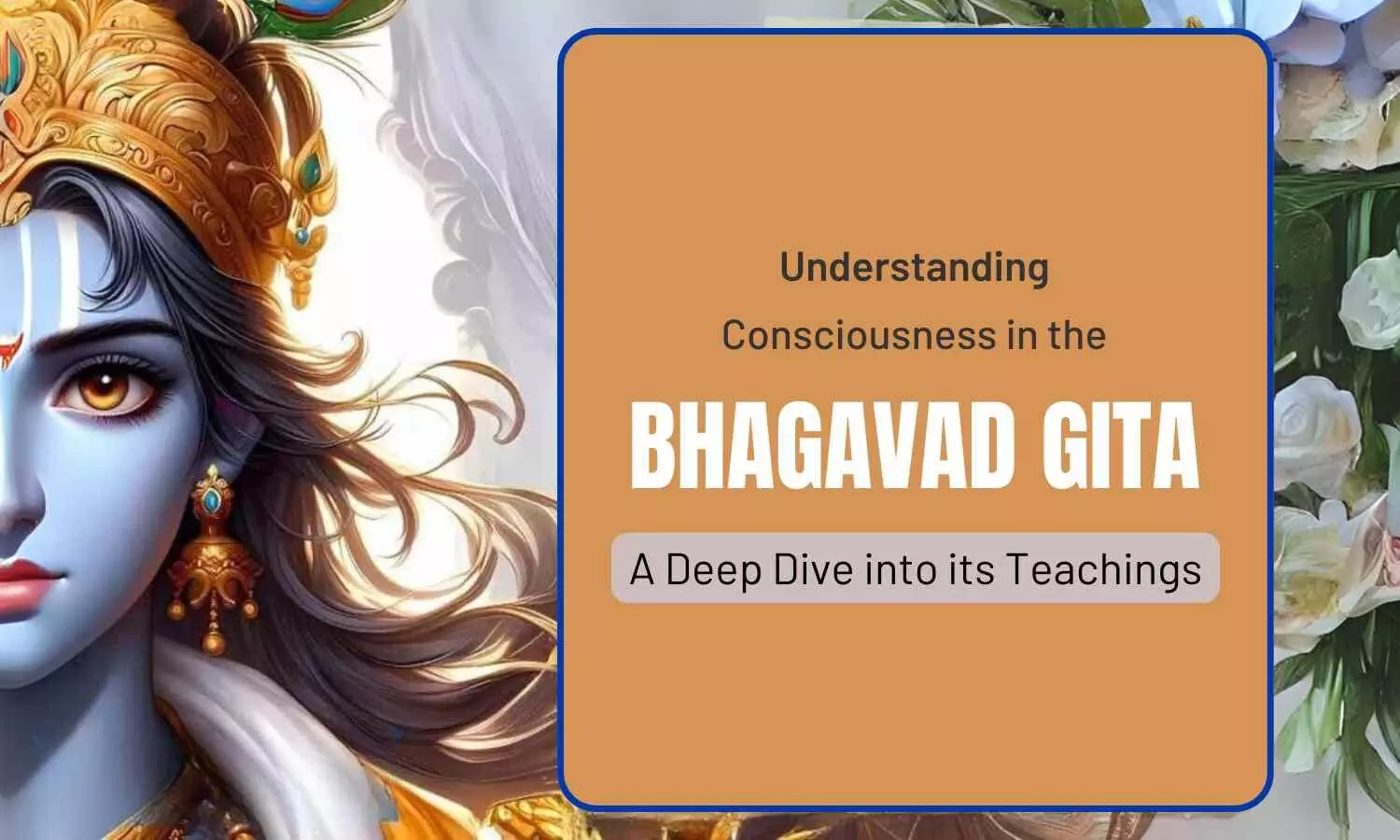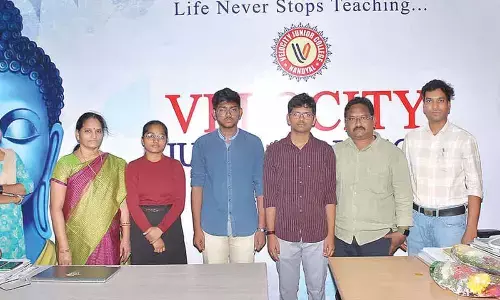Understanding Consciousness Through the Bhagavad Gita: Lessons for Today

Explore timeless wisdom from the Bhagavad Gita to understand consciousness and its relevance in modern life. Discover profound lessons on self-awareness, purpose, and mindfulness in today’s world.
There’s a thing called consciousness that human beings have been asking about for aeons. Philosophers, scientists, and everyone in between wondered about what consciousness is Hindu philosophy? Where does it come from? And what does it do for our lives? In one ancient book, the Bhagavad Gita, such questions are deeply answered. Though it was composed more than two millennia ago, what it says about consciousness remains a useful lesson today.
The Nature of Consciousness
Consciousness is the very cause of life in the Bhagavad Gita. Not a construct of the flesh and brain but an immutable and divine being. Krishna tells us that the Atman (reality) is pure consciousness. It is not the body, neither die nor rot. Consciousness is the permanent, inert thing.
Krishna is clear: Our awareness of Spirituality is not a thing. ‘No time is there for the soul, there is no birth nor death,’ Krishna says to Arjuna in Chapter 2, verse 20 of the Bhagavad Gita. It is not yet created, cannot be yet, nor will it be." That’s an insistence that consciousness, or the Atman, is eternal and eternal.
It was, to put it more recently, an acknowledgement that consciousness does not remain confined to the physical. It is not time or space. The world of matter might change, but consciousness doesn’t. This insight goes against the reductionist narrative that consciousness is nothing more than neural processing in the brain.
The Role of the Mind
Consciousness is pure, the mind contaminates it. Krishna writes of the ways in which the mind is a master and enemy. ‘The one who has overcome the mind is their friend,’ he writes in Chapter 6, verse 5, "and the one who has not is his enemy.
If the mind is hijacked by want, fear and attachment, our consciousness is distorted. This creates confusion and suffering. But when the mind is disciplined and centred, then this is the kind of mind that it is, quiet, clean and harmonious. The mind is in this sense a censor that shapes our world-view.
Mental discipline matters a great deal in an age of distractions, anxieties and distractions. We can access a more permanent state of consciousness by becoming masters of the mind, as we are taught in the Gita, a state that is less subject to circumstances.
The Concept of Self-Realization
The lesson from the Bhagavad Gita is the wisdom of realisation of oneself. Krishna is asking Arjuna to find out what he is, something more than body and mind. Only once Arjuna understands that he is the immortal soul, will his fears be put to rest. And this is a theme of the Gita: the process of self-realisation.
‘I am the Self,’ Krishna says in Chapter 10, verse 20, ‘O Gudakesha, sitting in the hearts of all animals. I am the start, the centre, and the terminator of all things." That affirms that consciousness or the Atman is everything. It is everywhere and by understanding this we can start to break free from ego and pseudo-identities.
For self-realisation in the Gita means recognizing that we are not disconnected from the universe. We’re in the cosmic mind of everything. And the peace we experience as a result of this discovery is that we are connected to the world. It liberates us from the ego and aligns us with our transcendent self that is at one with cosmic consciousness.
Detachment and Freedom
The Gita, in the case of consciousness, tells us that freedom requires separation. Krishna teaches Arjuna to do what he is asked to do without attachment to outcome. "You have a right to do your appointed task, but not to the product of your deeds," Krishna says in Chapter 2, verse 47. Never think of yourself as the cause of your actions, nor be attached to neglect".
It is the detachment from the world but a mentality that is detached from the consequences. By living in the moment, by doing something because it is our obligation to do it, without worrying too much whether it is a good thing or not, we escape the constriction of wanting and waiting. It becomes freer and quieter in the mind.
Non-attachment, in other words, is more relevant today than ever. Detachment is a route to freedom, and in a culture that measures success in external output, the road to freedom is through disconnection. It teaches us to be content not with material goods or outer validation, but with internal identity.
Conclusion
The Bhagavad Gita, that old-time edict on consciousness, offers an account of self and world. When we know the timeless nature of consciousness, and retrain the mind, when we see ourselves clearly, and develop personal growth, we can find peace and self-realisation. If we are living in an age of distractions and complication, then the Gita teaches us the path to clarity, contentment and fulfilment.











